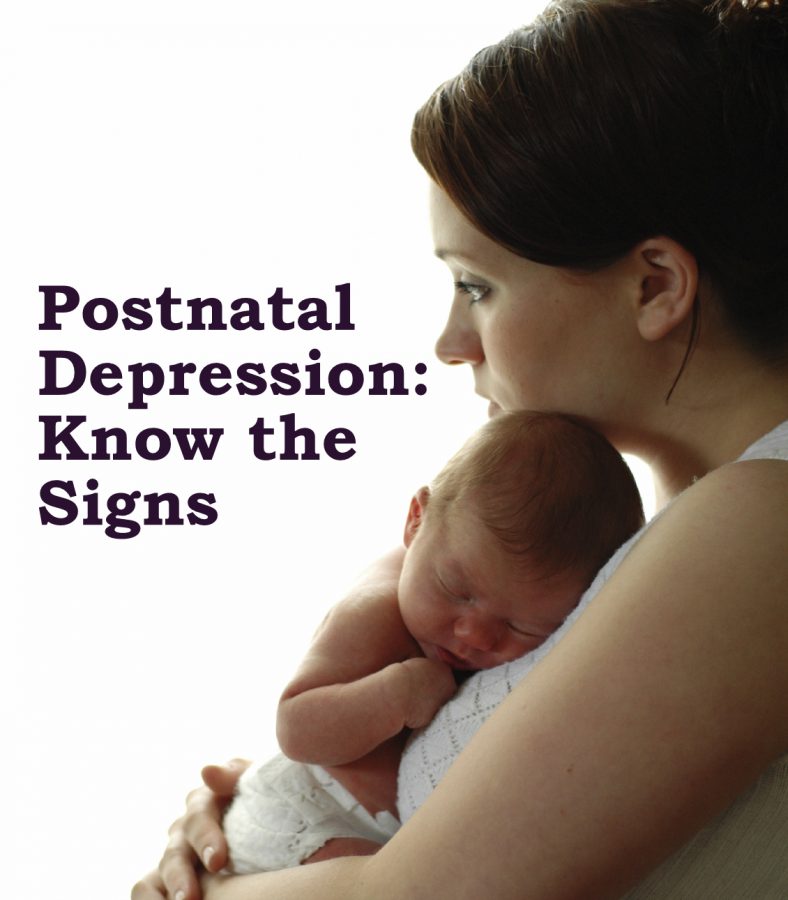Don’t suffer in silence
“I knew something was wrong but I couldn’t work it out as everything seemed fine. The birth of my first baby had gone well, but I just felt worried, overwhelmed and unhappy. I found it hard to concentrate and keep track of things like when the baby’s next feed was due. I ended up feeling like I was failing as a mother. I didn’t think I would suffer from postnatal depression”.
Knowing the signs of Postnatal Depression can help with early identification and getting treatment sooner rather than later. Don’t let yourself or others you care about suffer in silence.
What are the signs?
The signs of postnatal depression are very similar to depression in general. The symptoms tend to develop in the months after a baby is born, as parents are adjusting to a new life with their baby. The symptoms can be mild, moderate or severe in terms of their impact on the person suffering with postnatal depression. Some of the most noticeable signs include:
- Persistent, generalised worry
- Feeling overwhelmed and unable to cope with looking after the baby
- Constant sadness or crying
- Changes in appetite
- Sleep problems unrelated to the baby’s needs
- Memory problems or loss of concentration
- Loss of confidence and lowered self esteem
- Panic attacks
- Withdrawal from friends and family
- Fear of being alone with baby
- Thoughts of harm to yourself or baby
- Irritability and/or anger
- Increased alcohol or drug use
- Loss of interest in previously enjoyed activities
How to help yourself
The most important thing you can do to help yourself is to admit that you may be suffering from postnatal depression and tell somebody about it. If you experience symptoms that last for 2 weeks or more and impact on your daily functioning then that’s a sign that it’s time to get help. If you ignore or deny the reality of what’s happening to you, it is likely that the severity of your postnatal depression will become worse. Many mothers feel that they have to hide these feelings away from others for fear of being judged or criticised. In reality it is often mothers who are most critical of themselves rather than others around them. Be brave and face what’s really happening to you so that you can reach out for the support and care you need to treat postnatal depression and get past it sooner rather than later.
Why is getting treatment so important?
You don’t need to suffer unnecessarily. With early identification and treatment most people recover well from postnatal depression and have no long-term effects. The best treatment usually involves a combination of psychological counselling and antidepressant medication. The main aim of counselling is to teach you how to recognise and manage the things that make you feel depressed such as negative thought patterns, self-criticism, increased sensitivity and irritability, and poor sleep.
If you think you are suffering from postnatal depression then seeing your GP is a good first step. They can refer you to a psychologist and recommend antidepressant medication if needed.
You can also refer yourself privately to see a psychologist. We have experienced psychologists who can provide provide expert counselling to help manage Postnatal Depression.
Contact Ahead Psychology on (07) 3352 3577 or use our online Request a Booking form

